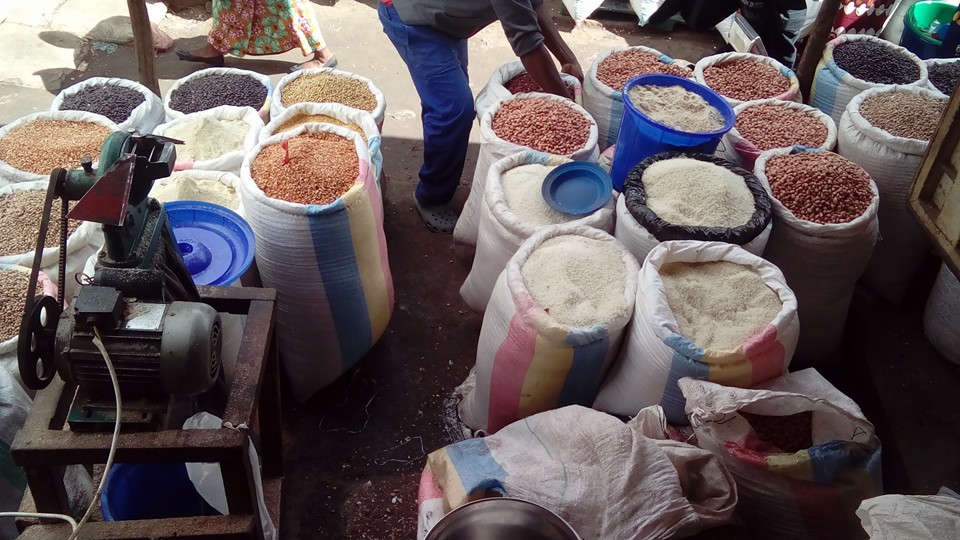Trilateral agreement set to boost agribusinesses
India High Commissioner Subbiah Gopalkrishnan has hailed the start of Germany-India-Malawi trilateral cooperation, saying it will help to developthe country’s agri-businesses for women.
Through GIZ, a delegation from Indian Government was in the country to sign the cooperation on Saturday and start the implementation of the triangular cooperation.

He said: “I am confident that this triangular cooperation will immensely help in empowering Malawian women from rural areas besides building local capacity.
“This is the second of such cooperation. The first one being India-US-Malawi triangular cooperation on food security.”
In his remarks, German Embassy deputy head of cooperation Knut Gummert said agriculture is one of the essential sectors of development and the collaboration of the three countries will help women move away from subsistence farming.
He said: “In this country, 80 percent of the population depends on agriculture and women are the backbone of the economy in every African country, so we need to empower women.
“We all see the need to be more professional and we need to move to processing and value addition if we are to improve people’s livelihoods.”
Gummert said through the cooperation, Germany will contribute financially and provide expertise.
“Women struggle to get loans from banks or lending institutions. They have great ideas, but struggle to implement them and this cooperation will help to find solutions,” he said.
Small and Medium Enterprises Development Institute chief executive officer Rodrick Chattaika, whose organisation is implementing the project, said the cooperation will help Malawian women entrepreneurs to upscale their skills.
He said: “Through this agreement, we will implement a pilot phase project for six months to help Malawian women entrepreneurs to be involved in agri-value addition.
“We want to upscale their skills so that they can do value addition to whatever they are farming.”
Chattaika said they have identified 50 women who will be put into a cluster at Smedi Campus in Mponela, Dowa for six months.
He said: “There are a number of crops that are involved in value chain products like soya, tomatoes, mango, potatoes and cassava.
“After this pilot phase is successful, we can replicate the same in all the districts. In this way we will be able to create women entrepreneurs who can make products that can compete well on the market.”
He said the arrangement has been facilitated by the German government to have incubation centres to enable women to learn.





